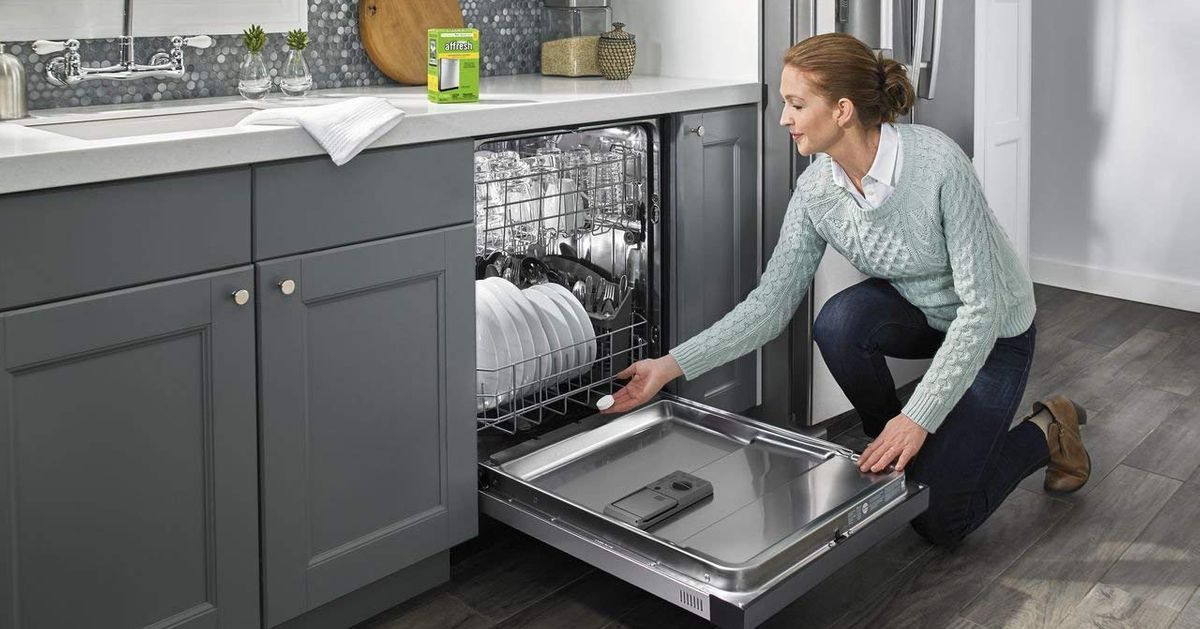Table of Content
Are you or your company experiencing financial difficulties? Our approach for each file is to create an end result where Starting Over, Starting Now takes place. The 6 year rule only applies if the trustee is aware the home exists. If a home is not disclosed in the bankruptcy documents, the trustee will have 20 years to take possession and sell the home. Trustees are required by law to sell a home within 6 years after an individuals bankuptcy ends.
Our team will help you figure out if bankruptcy is the right path, and how to retain your home if you choose to file for it. If you live in the UK but have a home in the EU with a mortgage from an EU lender, the lender could take you to court in the EU. If you’re the sole owner, your beneficial interest is normally the whole value of the property, minus anything secured on it. In some cases, the electronic credentials of the vendors staff were used to file proofs of claim without being reviewed by that or any other person. These improper practices were identified when Citibank took over the servicing of the accounts in late 2015 from the third parties. Summary of offences of the bankruptFootnote 2Bankrupt used deceit, falsehood or other fraudulent means to defraud various credit-card companies of different amounts of money.
The Automatic Stay
No one wants to find themselves in debt, but chapter 7 can erase what you owe and give you a clean start. Here are four of the most common reasons that people file chapter 7 bankruptcy. You may be able to stop your home from being sold if your partner, spouse, relative or friend will agree to buy your share of it.

Another common concern for homeowners looking to file bankruptcy if having equity in their property. Put simply, equity is the money you would receive if you sold your property once fees and outstanding mortgage payments have been taken out of the equation. Equity in a property is treated slightly differently in each Canadian province, so it is worth consulting a reputable bankruptcy trustee for the lay of the land in your province.
Substituting Exempt Property
His state's homestead exemption lets him protect $150,000 in equity in the home where he resides. No one loses all of their property when filing for bankruptcy. Find out if you can keep your house, car, and other assets in bankruptcy. The purpose of bankruptcy is to help people get back on their feet and regain control of their financial situation. In order to help with this process, the government created a set of exemptions to help individuals maintain their quality of life, while still resolving their issues with creditors.

For the safety of our clients and staff, all consultations are currently being carried our via phone or video. To get the debt help that you need, please bring a list of who you owe and how much to each, a list of everything you own and your monthly household budget. That said, there are some financial downsides to hanging on to your house through a bankruptcy proceeding.
Criminal/penal Case Court/osbnos: 31
Whether it is a corporate restructuring or personal debt settlement through a consumer proposal, the goal is to avoid bankruptcy. However, if bankruptcy turns out to be the best option, we can assist there too. Declaring bankruptcy in Canada requires the help of a;Licensed Insolvency Trustee;or their qualified staff. One important note is that if you decide to sell your property to a co-owner, family member, or friend, be safe that they are paying you a fair market price for what the property is actually worth. If you kept your house throughout the bankruptcy process, you are free to keep your home after the bankruptcy – as long as you continue to pay the mortgage. Either way, a Chapter 13 bankruptcy is a long-term commitment.
If you file Chapter 7, a trustee could take possession of your home and sell it to pay your creditors. However, there are ways to protect your home under both federal and state law. Second, if you are behind in your mortgage payments, you could pay back what you are behind in a Chapter 13 bankruptcy. The decision to declare bankruptcy is a big one and usually comes at a time that can be overwhelming.
How Your Equity Affects You in Bankruptcy
Under California law, a Chapter 13 bankruptcy also allows you to keep your home. Homeowners facing this decision worry about losing their homes. If you’re overwhelmed by debt, however, bankruptcy gives you the opportunity to wipe the slate clean and start over. As long as you’re current on your mortgage payments and not in foreclosure, the chances are good in California that you’ll get to keep your home. You need to continue making your monthly mortgage payments to keep your lender from filing for foreclosure. Ben can keep his house in Chapter 13 bankruptcy, but only if he has enough income to make the monthly house payment and pay creditors for the $50,000 in nonexempt equity through the Chapter 13 repayment plan.
This is a simplification for explanation purposes – fees for the bank and trustee are also subtracted, so it would, in reality, be less. If you were using the federal exemption, the exemption would be $29,850 in equity, minus the fees. If you live in a state that only allows you to use the state exemption, and the state exemption is lower, say $10,000, the court would consider $45,000 in equity, minus the fees. The good news is that bankruptcy can protect your home, holding off a foreclosure.
The skilled and compassionate Ohio debt relief attorneys at Fesenmyer Cousino Weinzimmer understand that even the most well-intentioned people can find themselves in financial difficulty. To strip the lien, you'll have to file a motion in the bankruptcy court and present evidence on the property's value and the mortgage loan balances. If the court voids the junior lien, you'll pay it with other unsecured debts, and any remaining balance will get wiped out at the end of the case. Each state has exemption laws that tell residents and creditors the type of property residents can keep out of collection actions, including bankruptcy. Filing for bankruptcy won't help you keep your home if you can't afford the monthly mortgage payment, or catching up on past-due mortgage payments will spread you too thin.
You must also keep to your mortgage terms like keeping homeowners insurance in effect. You can also file under Chapter 13 bankruptcy to be put on a wage earners plan. The bankruptcy trustee’s job is to sell non-exempt property for the benefit of unsecured creditors.










